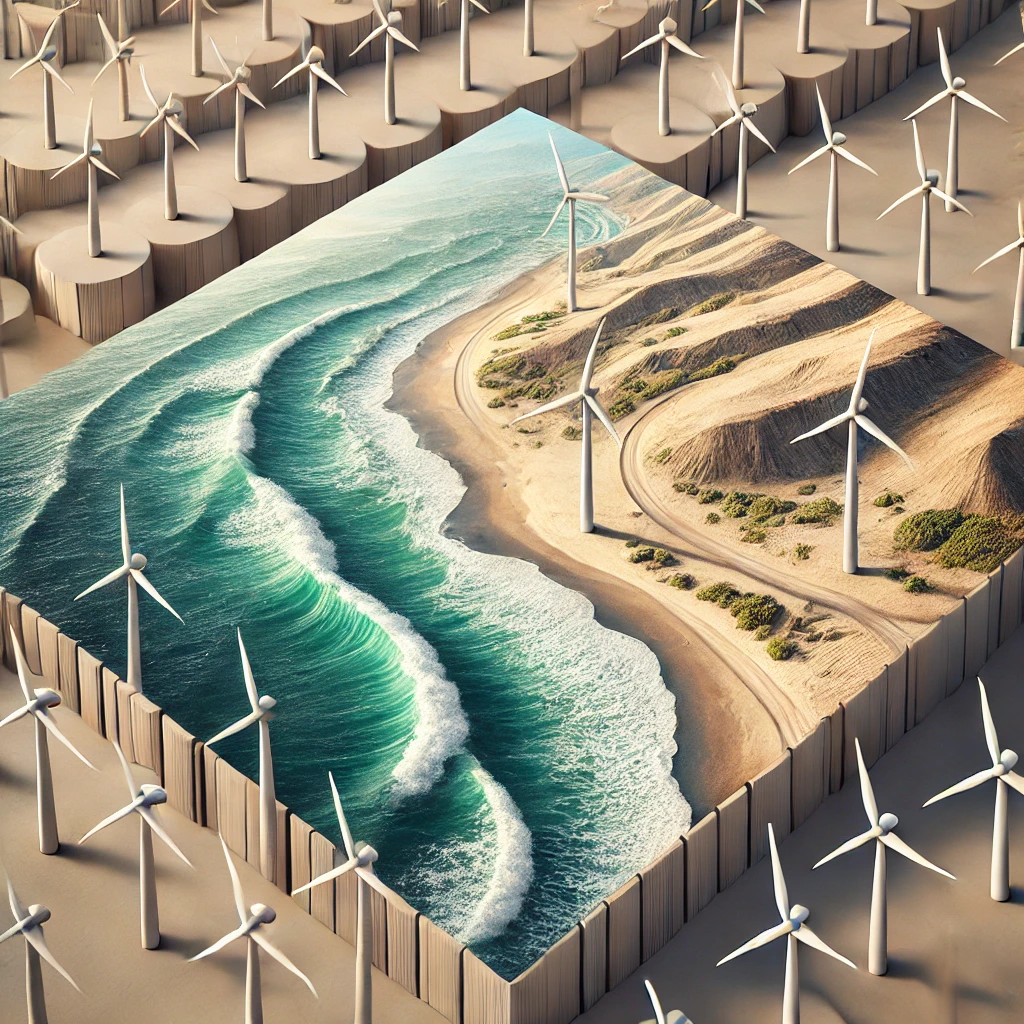As the world faces the growing threat of climate change, countries are actively seeking alternatives to traditional energy sources. Pakistan, with its diverse geography and abundant natural resources, is in a prime position to embrace alternative energy solutions. From solar power in its sun-drenched regions to wind energy along its coastal belts, Pakistan’s journey toward adopting Renewable Energy Resources marks a significant step towards achieving sustainability and energy security.
The Need for Alternative Energy in Pakistan
Pakistan has long relied on non-renewable sources of energy such as oil, gas, and coal. Unfortunately, these traditional resources have not only been economically unsustainable but have also had severe environmental consequences. The country is grappling with rising energy demands, frequent power shortages, and heavy dependence on expensive fuel imports. These challenges, coupled with global pressure to reduce carbon emissions, have pushed Pakistan to explore sustainable energy alternatives.
Solar Power: Harnessing the Power of the Sun

With its high solar irradiance, Pakistan has great potential for solar energy generation. The country receives an average of 5 to 6 kilowatt-hours per square meter of sunlight each day, which makes solar power an attractive solution to meet its energy needs. Several large-scale solar power projects have been launched, such as the Quaid-e-Azam Solar Park in Bahawalpur, which has a capacity of over 1,000 MW. Many residential and commercial users are also adopting rooftop solar solutions, benefiting from net metering policies that allow them to sell excess energy back to the grid.
Wind Energy: Tapping into Coastal Winds
The coastal regions of Sindh and Balochistan are ideal for wind power generation. In the Jhimpir and Gharo Wind Corridors, wind energy projects are already making significant contributions to the national grid. Pakistan’s wind power capacity is steadily growing, with several wind farms generating renewable electricity. Wind energy not only helps reduce the country’s reliance on fossil fuels but also provides a cheaper and more sustainable solution to meet energy demands.
Hydropower: Revitalizing an Age-Old Resource
Hydropower has long been a key energy source for Pakistan, contributing around 30% to the country’s electricity mix. With vast river systems, particularly the Indus River and its tributaries, Pakistan has enormous potential to further harness hydropower. Projects like the Diamer-Bhasha and Dasu dams are part of Pakistan’s vision to expand its hydropower capacity. However, the construction of large dams has raised concerns about environmental impacts and the displacement of local communities, underscoring the need for a balanced approach to energy development.
Government Initiatives and Policies
Recognizing the urgency of transitioning to renewable energy, Pakistan’s government has implemented several policies to encourage investment in alternative energy sources. The 2019 Alternative & Renewable Energy (ARE) Policy aims to increase the share of renewable energy in the national grid to 30% by 2030. The policy promotes public-private partnerships, offers tax incentives, and provides regulatory support for both local and foreign investors in the renewable energy sector.
Challenges and the Road Ahead
While Pakistan’s journey towards renewable energy is promising, it is not without challenges. The country faces financial constraints, infrastructure issues, and limited technical expertise in renewable energy technologies. Moreover, integrating renewable energy into the existing grid requires modernizing transmission networks and ensuring reliability.
Despite these challenges, Pakistan’s transition to alternative energy resources holds tremendous potential. With a clear focus on sustainability, Pakistan can reduce its carbon footprint, improve energy access, and secure its future energy needs. By fostering innovation, investing in green technologies, and promoting policy reforms, Pakistan is taking decisive steps toward a sustainable energy future.








